- Information for Teachers
Libanes x Classroom of the Future "Online Forum Implementation Report"
2020.10.03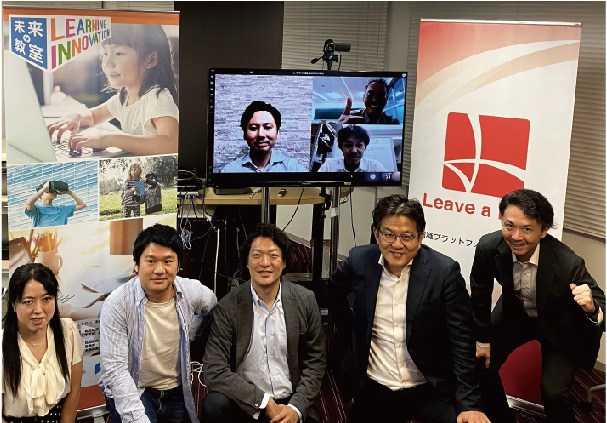
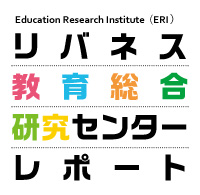 On February 29, 2020, in order to prevent the spread of COVID-19 infection, all elementary schools, junior high schools, high schools, and special-needs schools in Japan were closed from March of the following year. In response to the sudden closure of schools, the search for new forms of learning that do not involve physical gathering began simultaneously. In the midst of this situation, the Center for Liberal Arts Education and Research held an online forum on Wednesday, June 24, with the hope of disseminating the efforts of teachers who are leading the way and conducting classes through trial and error, without being bound by existing forms of teaching. On the day of the forum, participants gathered from all over Japan. The total number of participants was 200. The following is a summary of the content of the forum, which was held for a wide range of people involved in education, from elementary and high school teachers in charge of various subjects to people from companies involved in education, as well as feedback from those who attended the forum.
On February 29, 2020, in order to prevent the spread of COVID-19 infection, all elementary schools, junior high schools, high schools, and special-needs schools in Japan were closed from March of the following year. In response to the sudden closure of schools, the search for new forms of learning that do not involve physical gathering began simultaneously. In the midst of this situation, the Center for Liberal Arts Education and Research held an online forum on Wednesday, June 24, with the hope of disseminating the efforts of teachers who are leading the way and conducting classes through trial and error, without being bound by existing forms of teaching. On the day of the forum, participants gathered from all over Japan. The total number of participants was 200. The following is a summary of the content of the forum, which was held for a wide range of people involved in education, from elementary and high school teachers in charge of various subjects to people from companies involved in education, as well as feedback from those who attended the forum.
Returning to the starting point of learning to prepare for the future
No one knows how society will change in the future, or what the future holds, as it is called the age of VUCA. Toward such an unpredictable future, what kind of experiences and learning should be acquired by junior and senior high school students who are preparing to enter universities and society in the future? In his keynote speech at the beginning of the forum, Mr. Asano, the founder of the Ministry of Economy, Trade and Industry's "Classroom of the Future" project, offered one answer. For example, when we went to the local evacuation centers to provide relief during a disaster, how should we redesign the living environment to protect the health of the evacuees, what kind of heating equipment and necessary power supplies should be provided, and so on? What we needed to do, in any case, was to gather the necessary information from the Internet, talk to experts, and move forward with a "scientific" perspective," he recalled. We confronted the questions in front of us. Through this process, we acquire knowledge and experience, which is the starting point of learning, and through this process, I believe that each student can acquire the necessary experience and learning.
Use whatever is available and never stop learning.
And it was the simultaneous closure of all schools due to the spread of the new coronavirus that forced teachers, not students, to experience the very experience of "learning because it is necessary" all over Japan. What should be done when students are unable to go to school? The government agencies, the Board of Education, and each and every teacher tried through trial and error. Under such circumstances, Mr. Fujita of Okayama Prefectural Tamano High School took "masks," which had become an essential item for preventing infection, as a subject, identified problems that needed to be solved, and worked to design and prototype a mask that would solve them. Mr. Tanaka of Seigakuin Junior & Senior High School also took this opportunity to design an inquiry-based class that starts with "questions. In a lesson on baton passing in track and field events, the teacher took data from baton passing on the school grounds as a test subject. Mr. Kimura, a teacher at Hiroo Gakuen Junior and Senior High School, conducted an online research presentation during the school break. A Google spreadsheet was pasted with the URLs of each room for the poster presentations, and the audience accessed them to listen to the presentations. Since many of our students are good at online implementation, we asked students to help with event announcements and arranging viewing links. It is important to "try to do what you can do under the circumstances," rather than sitting still.
Embodying "students learn by themselves
Mr. Kono, a teacher at Tokyo Metropolitan Agricultural High School, shared his experience teaching at the forum using virtual ecosystem software developed by Science Groove, Inc. This software, which uses gamification, allows students to experience the transition of vegetation over a period of decades in a matter of minutes. When the students actually experienced the software in class, what surprised Dr. Kono the most was that the research activities, which started with questions and then verified them, occurred spontaneously, without any instructions from the teacher. He recalls, "I was impressed by the fact that the students themselves were taking the initiative, instead of the usual teacher-led steps of explaining the phenomenon, formulating a hypothesis, and having the students come up with an experiment. In the plant transition that unfolded on the tablet terminal, students could choose their favorite location to plant seeds or cut down trees with simple operations. You can easily choose your favorite place to sow seeds or cut down trees. and creating an opportunity for students to try it out for themselves, we can say that we created a process for students to learn through experience.
Teachers grow with their students.
Although this forum focused on new initiatives that emerged during the school break, it is also important to verify the effectiveness of these initiatives. There are still issues to be addressed regarding how to make good use of online classes, how to combine them with offline activities, and how to evaluate the inquiry activities themselves, although there are various attempts to do so. However, as Mr. Asano's experience at the shelter symbolizes, when no one has a set answer, inquiry activities are about students and teachers working together to learn, and it is also true that there is a process of awareness and learning that emerges from necessity. Because both students and teachers are exploring, the teacher grows along with the students. At the end of the forum, Mr. Asatani of ARROWS, Inc., a company that promotes reforms in the way teachers work, sent a message, "I hope that teachers will spend more time being creative in the future. Mr. Asatani of ARROWS, Inc., a company that promotes teacher work reform, concluded the forum with the following message: "I would like to see teachers spend more time on creative activities in the future. At the end of the forum, I would like to share a comment from the post-forum questionnaire. I agreed that it is interesting to create classes together with students. It's okay to explore. Now is the time for teachers to keep moving as their excitement takes them.
Teacher's Voice List
- Initially, I thought of online classes only as an alternative to my regular classes.
However, I was impressed by how the speakers thought about and practiced what they could do because they were online. - I was impressed with ARROWS' Asatani's approach to reforming the way teachers work.
I myself had given up in a sense, saying that it was inevitable that I would be busy, but I was reminded that things can change with ingenuity. - Each of us has a different excitement point, and I felt that we need lots of opportunities to experience things in order to know where our own switches are.
This is also true for adults. I think the challenge for the future is how to create learning that is exciting for adults as well. Thank you very much. - I was most impressed because I shared the sentiment that "classes are most interesting when they are created together with students."
- Bridging the gap between good old Japanese culture and traditions and creative educational activities that create new values will be a challenge for the future.
In order to achieve this, we felt that it was important to make a selection regarding "what we don't need" in "cutting out what we don't need," which was raised during the panel discussion. In order to achieve this, we felt that it is important to make a selection regarding "what we do not need" as mentioned in the panel discussion.
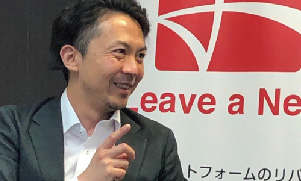
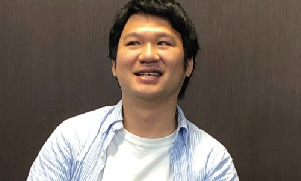
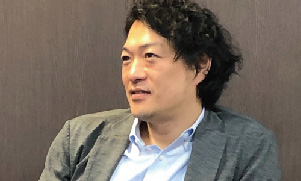
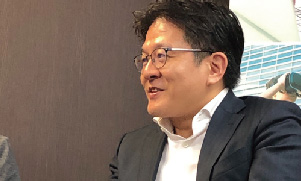
*Reprinted from "Education Support vol. 47
